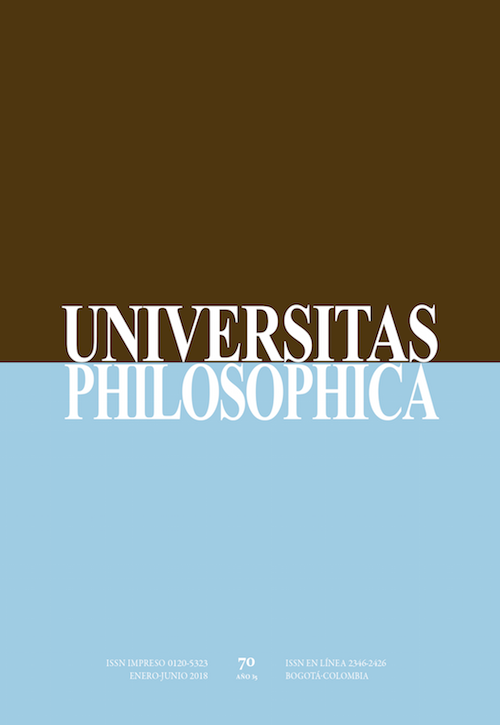Abstract
Human pleasure is considered from various points of view as a crucial internal and vital impulse. However, we relate to it with ambivalence, since it is also a space for institutional control and social repression in multiple levels. Pleasure also plays a crucial role in our perception of justice, and hence it might also play a key role in an investigation of the unconscious psychology of society. This article, therefore, defends the need for a critical theory that links the psychological, philosophical, and sociological aspects of pleasure with the various forms of domination in modern capitalist and consumer society.
This journal is registered under a Creative Commons Attribution 4.0 International Public License. Thus, this work may be reproduced, distributed, and publicly shared in digital format, as long as the names of the authors and Pontificia Universidad Javeriana are acknowledged. Others are allowed to quote, adapt, transform, auto-archive, republish, and create based on this material, for any purpose (even commercial ones), provided the authorship is duly acknowledged, a link to the original work is provided, and it is specified if changes have been made. Pontificia Universidad Javeriana does not hold the rights of published works and the authors are solely responsible for the contents of their works; they keep the moral, intellectual, privacy, and publicity rights.
Approving the intervention of the work (review, copy-editing, translation, layout) and the following outreach, are granted through an use license and not through an assignment of rights. This means the journal and Pontificia Universidad Javeriana cannot be held responsible for any ethical malpractice by the authors. As a consequence of the protection granted by the use license, the journal is not required to publish recantations or modify information already published, unless the errata stems from the editorial management process. Publishing contents in this journal does not generate royalties for contributors.


